
luise_britravel
vakantio.de/luise_britravel
England: Devon & Me
Ebimisami: 15.05.2018
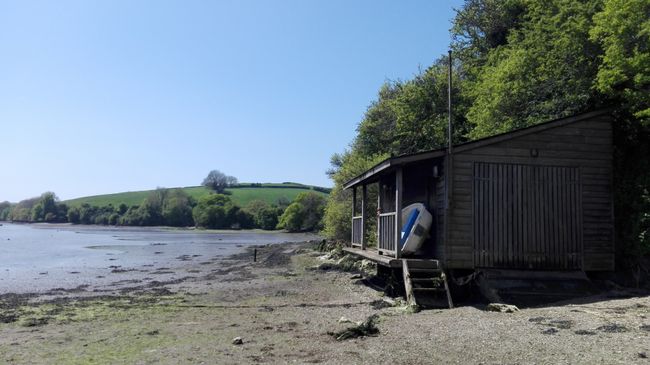
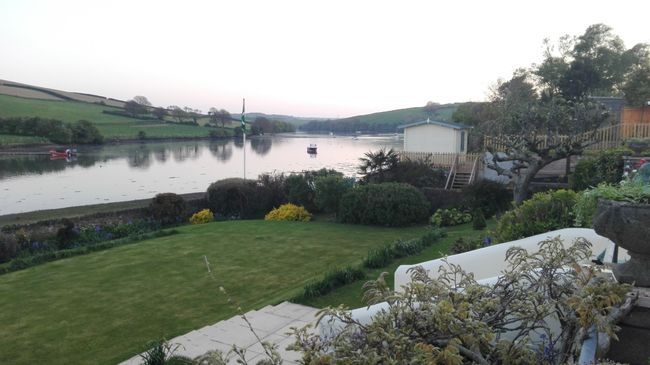
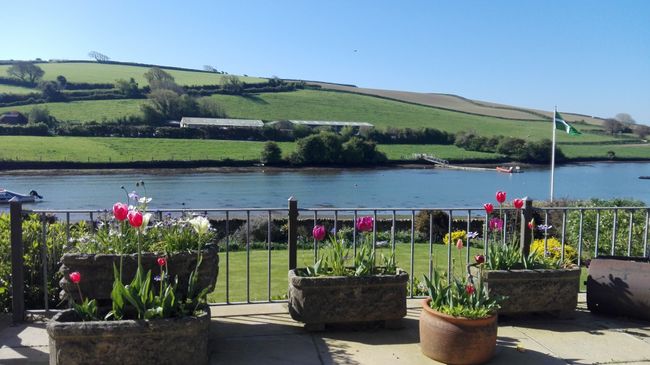
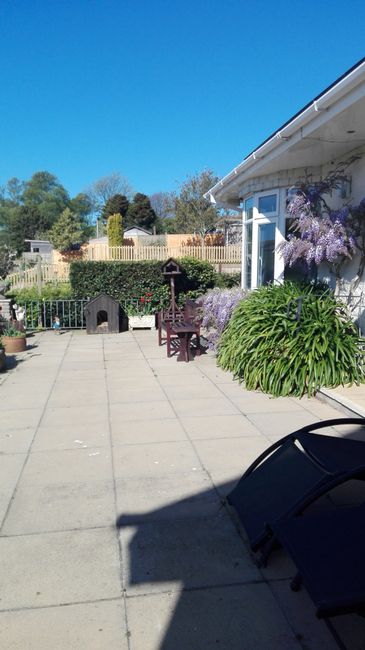
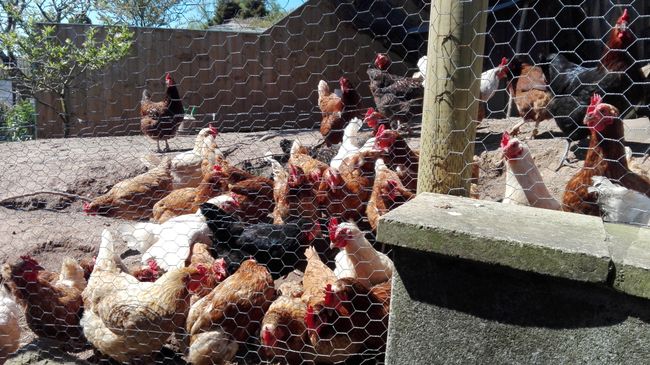
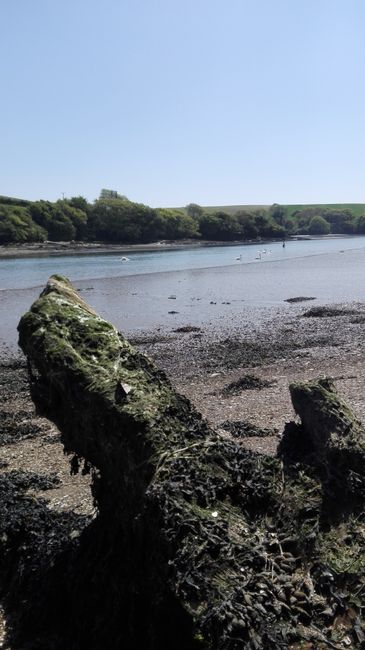
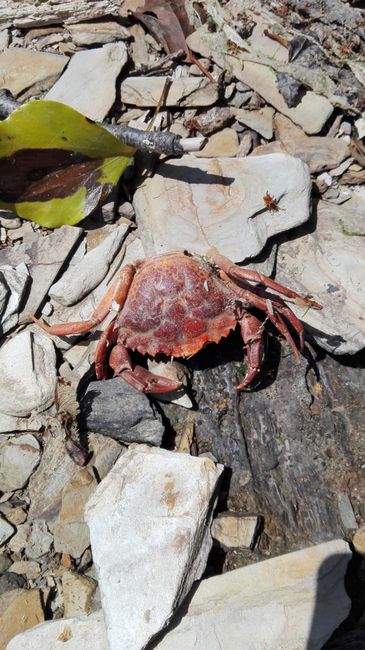
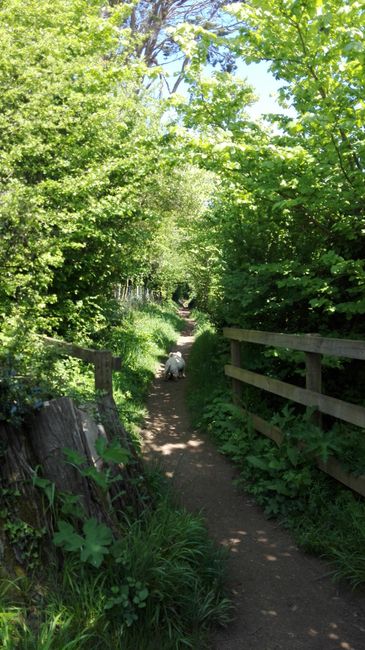
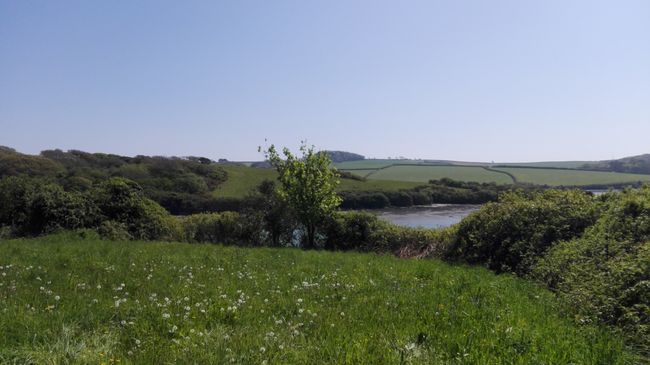
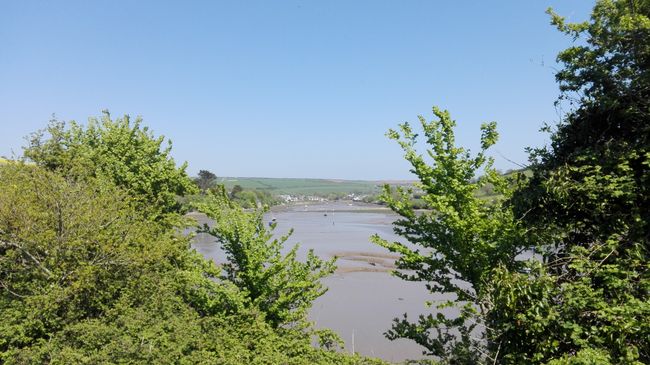
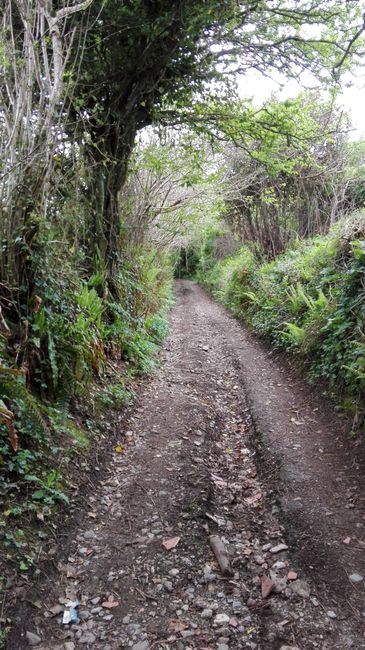
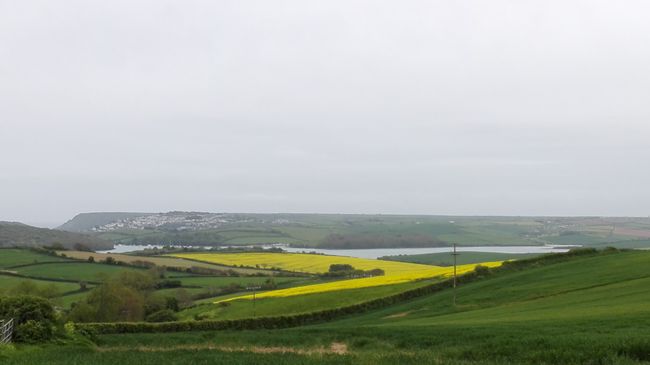
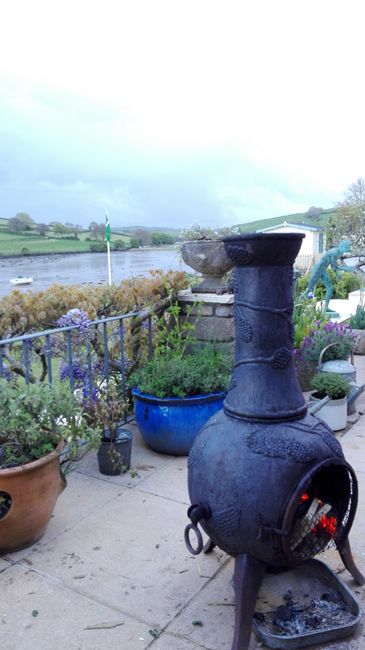
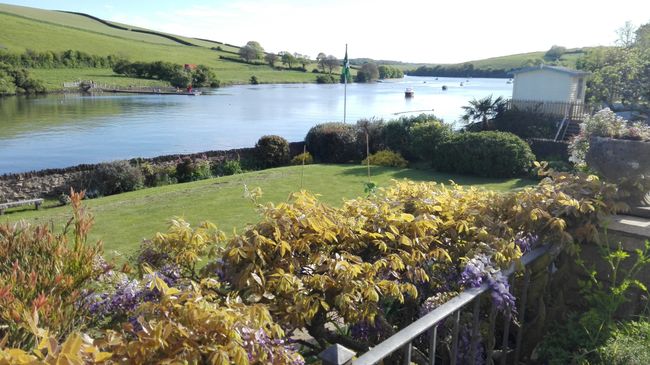
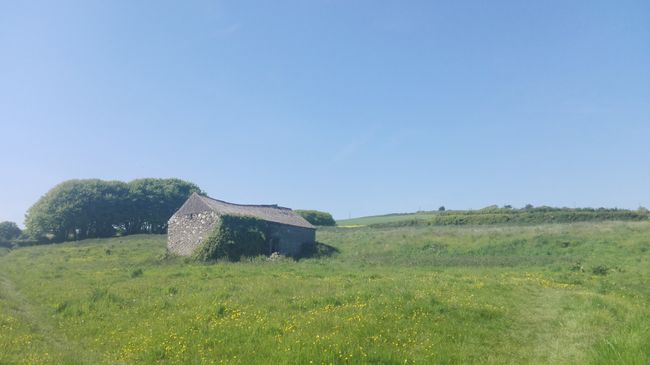
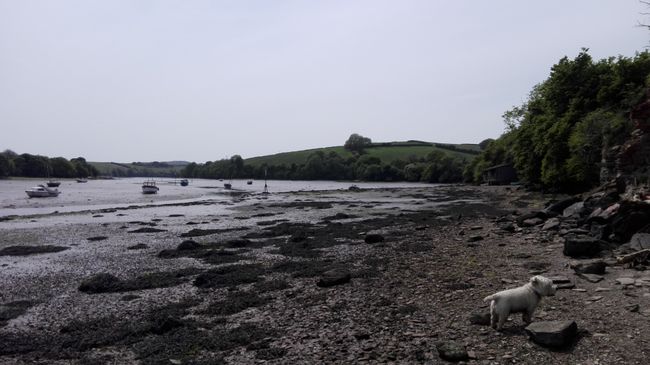
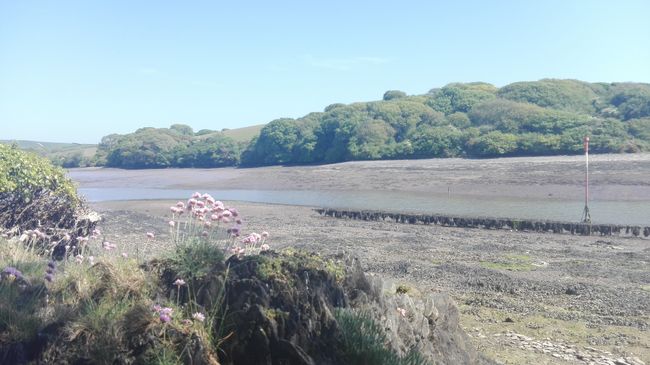
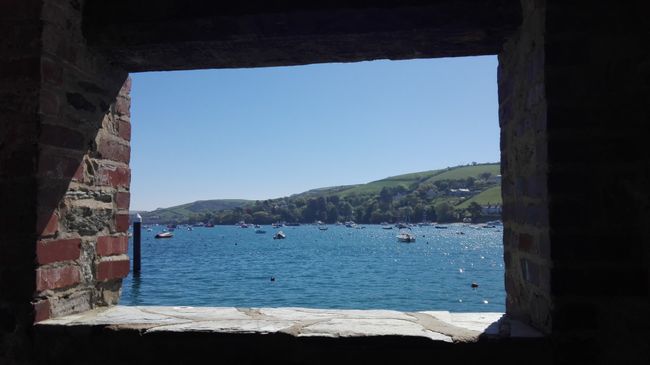
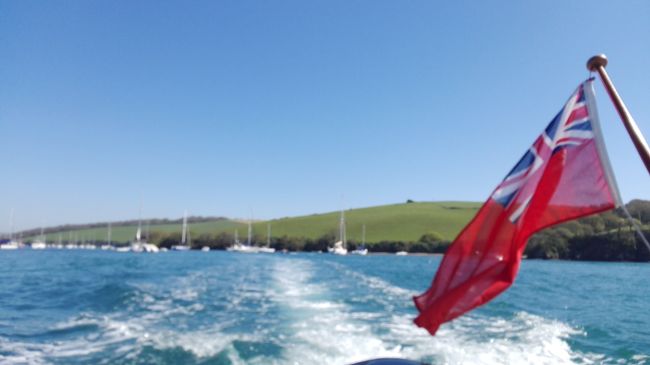
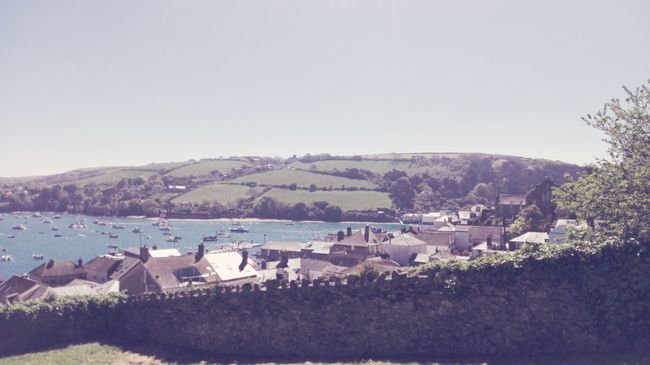
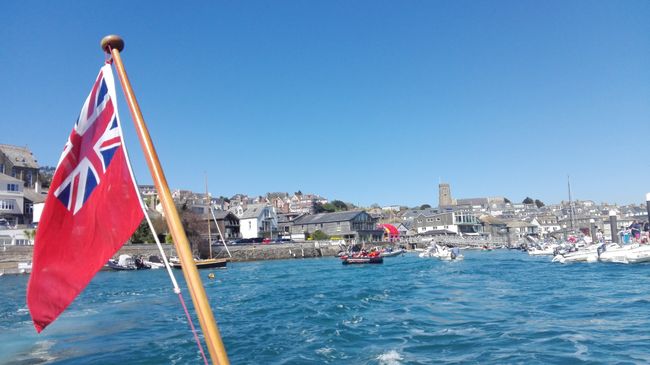
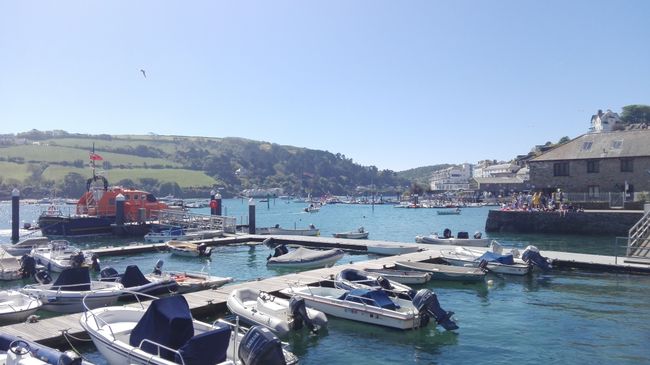
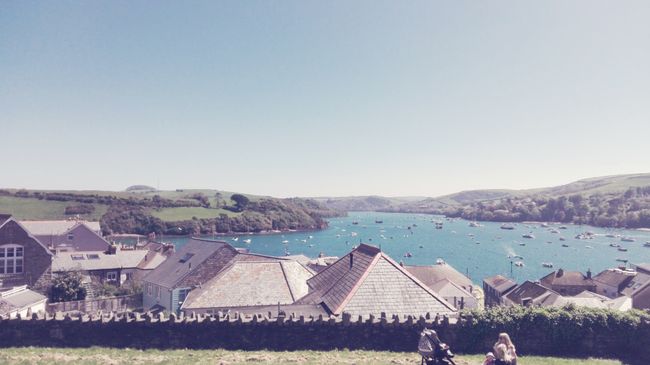
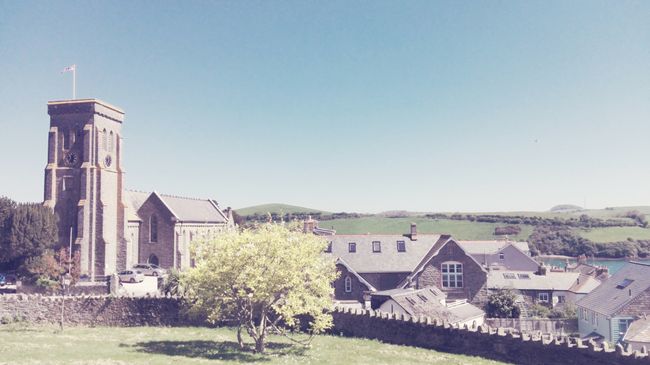
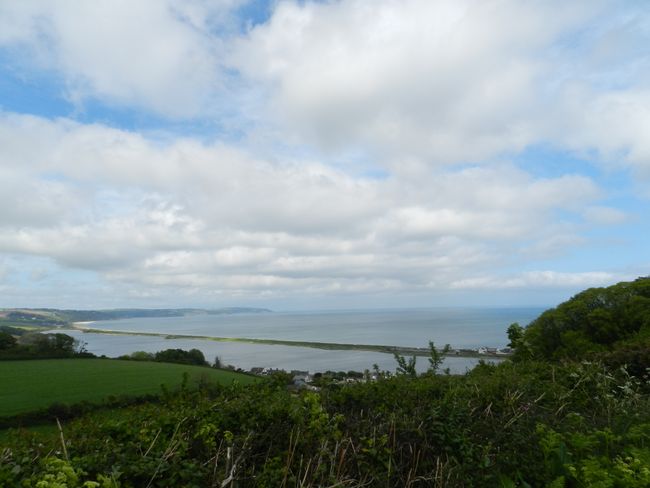
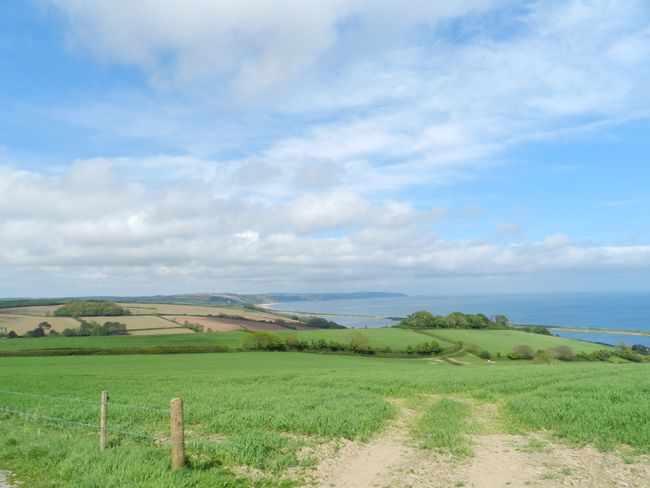
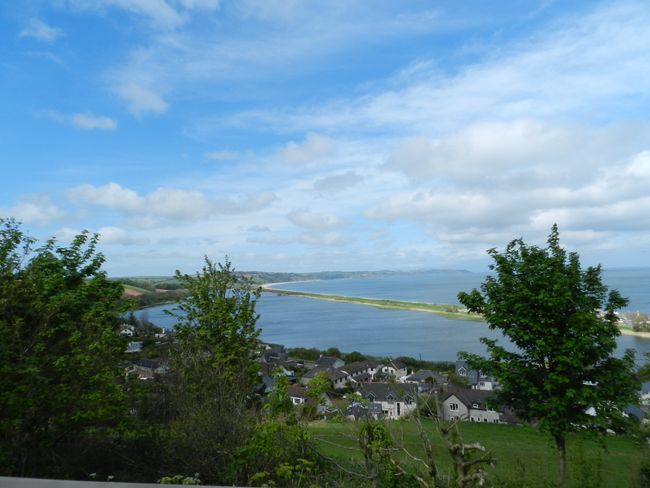
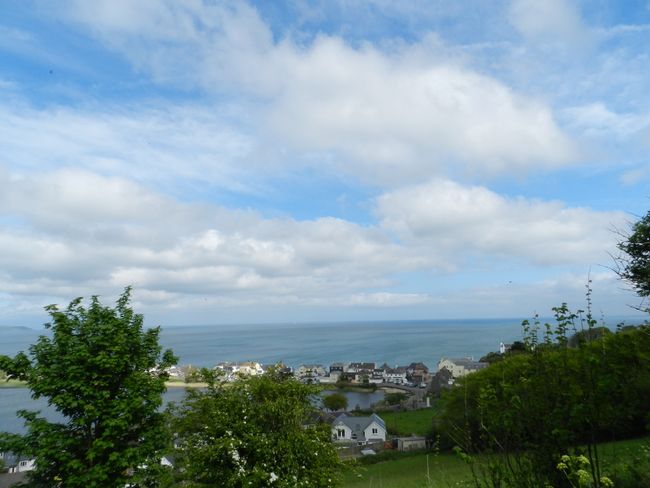
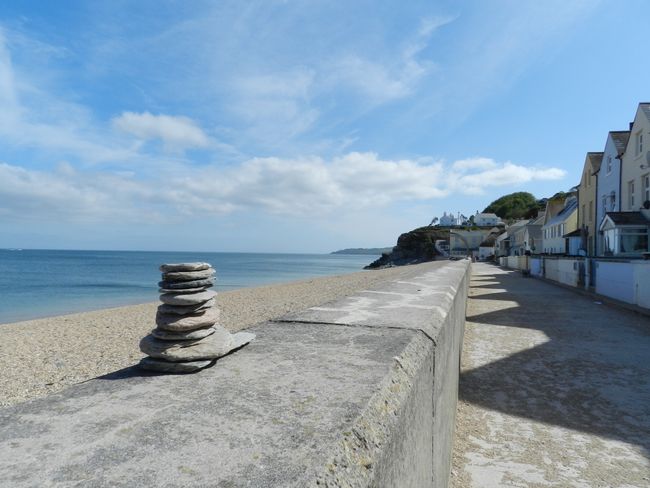
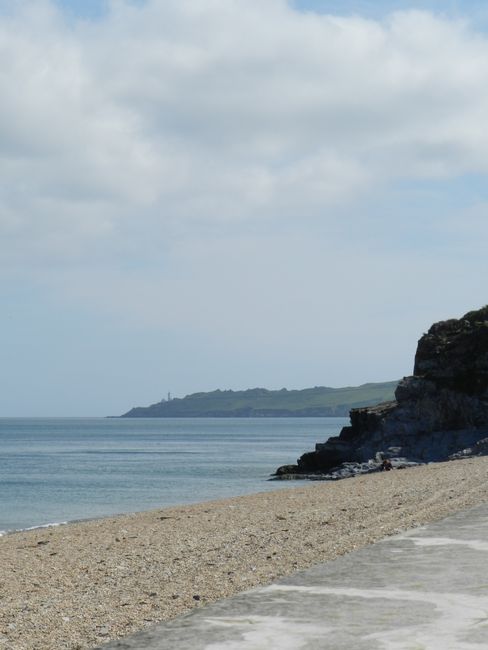
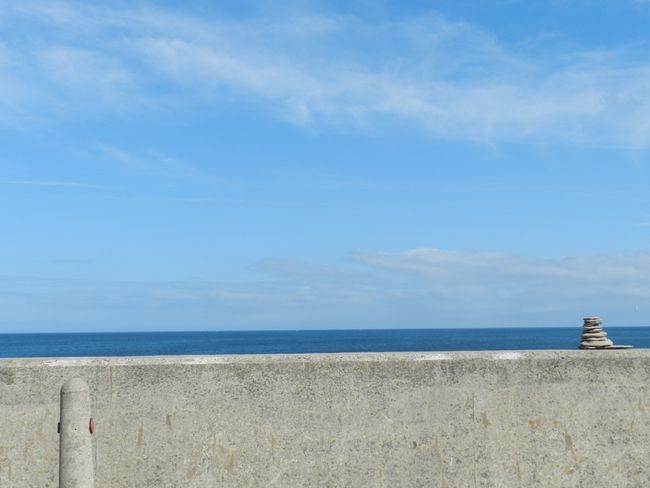
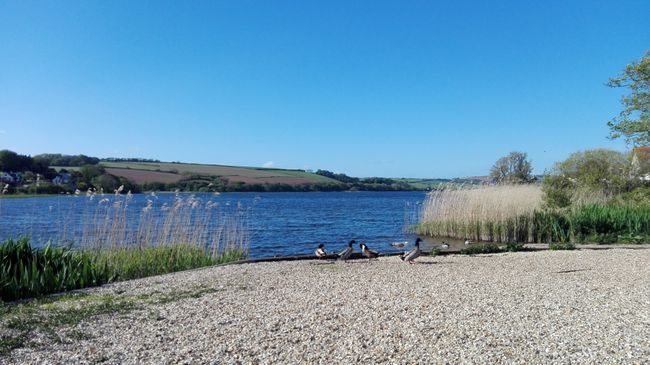
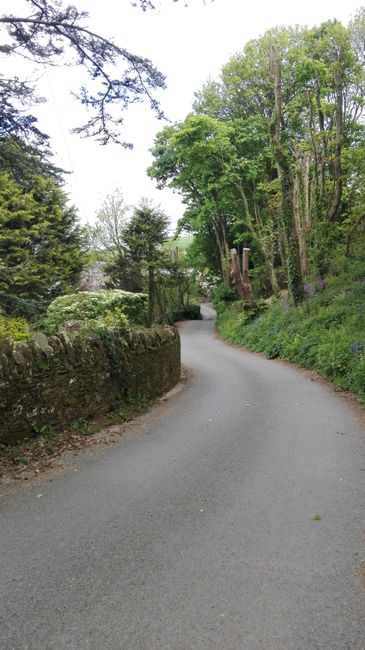
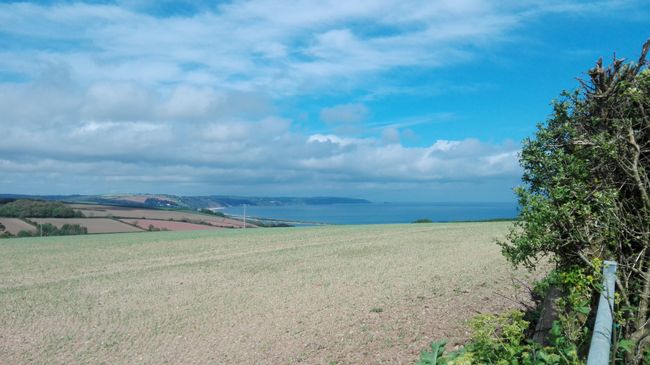
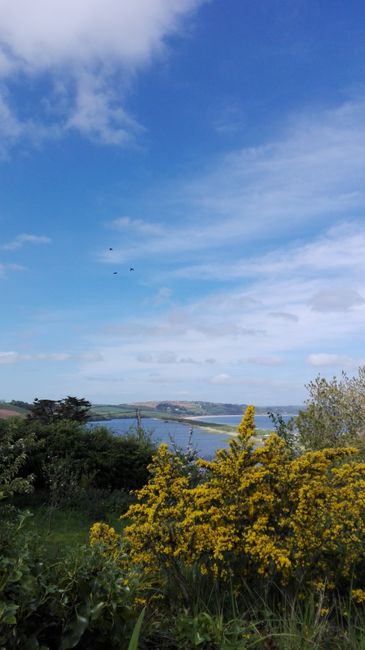
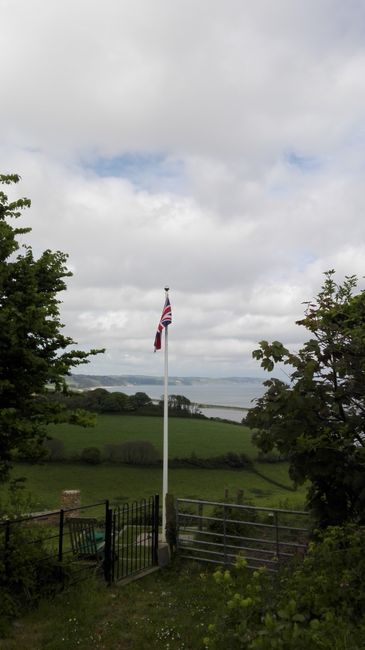
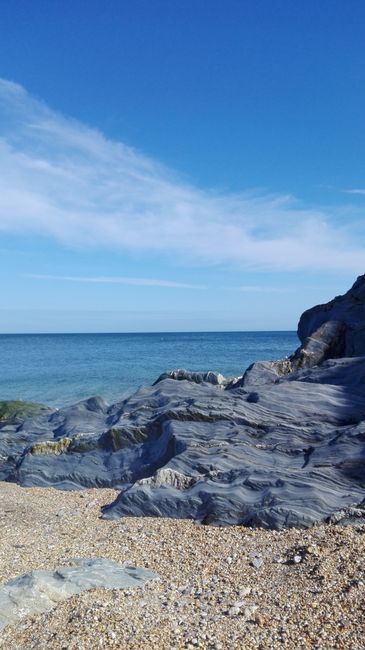
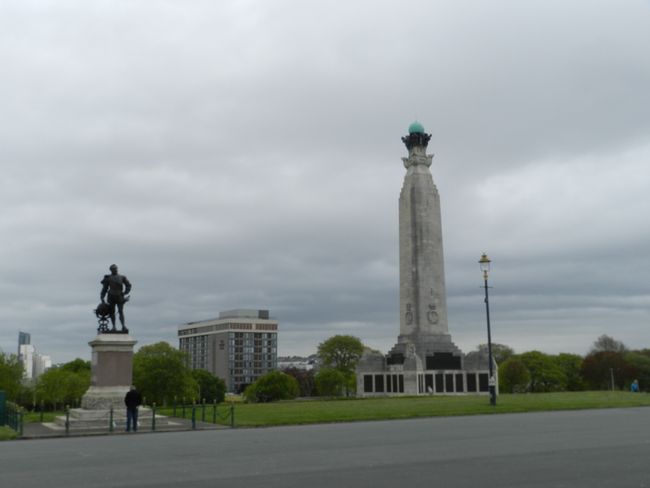
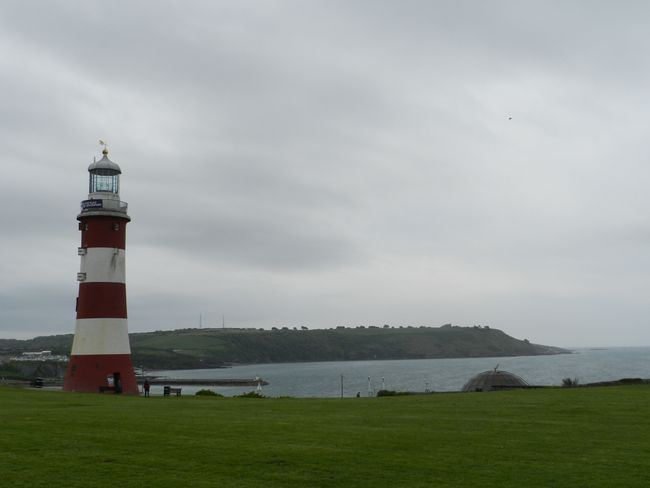
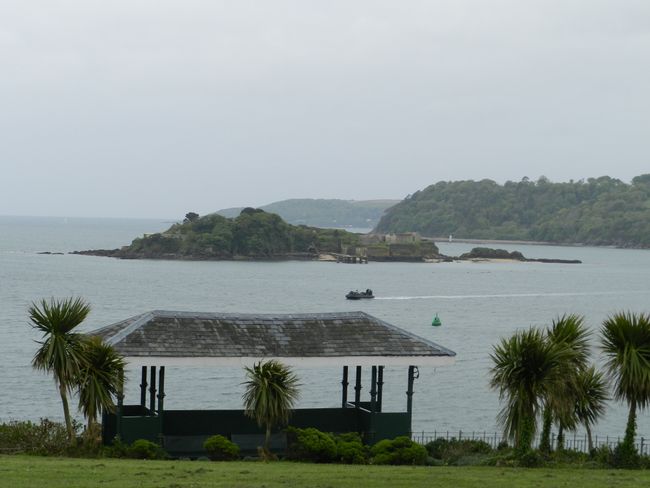
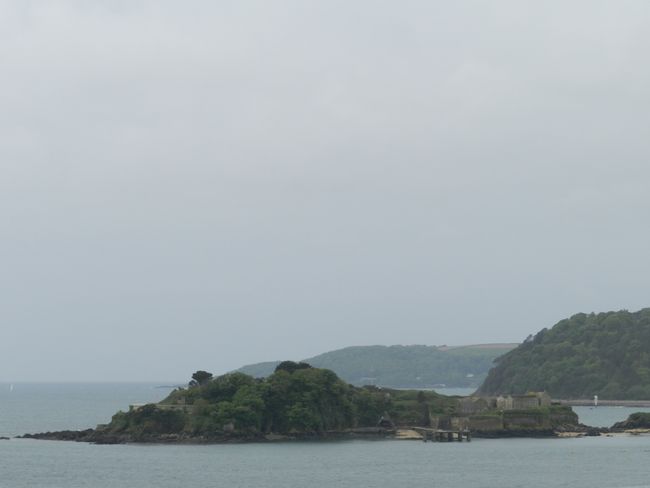
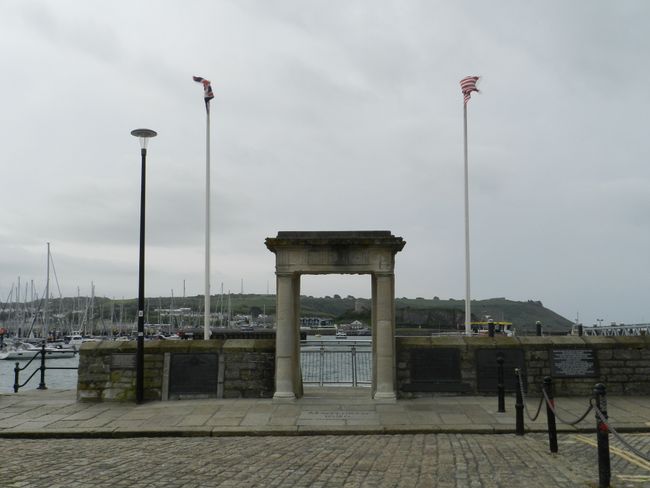
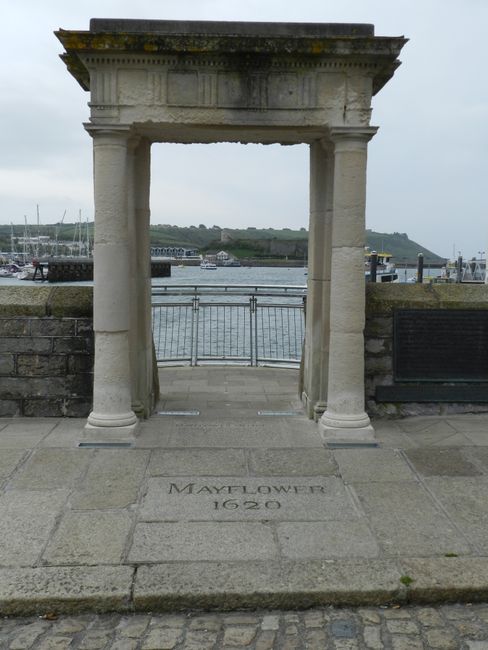
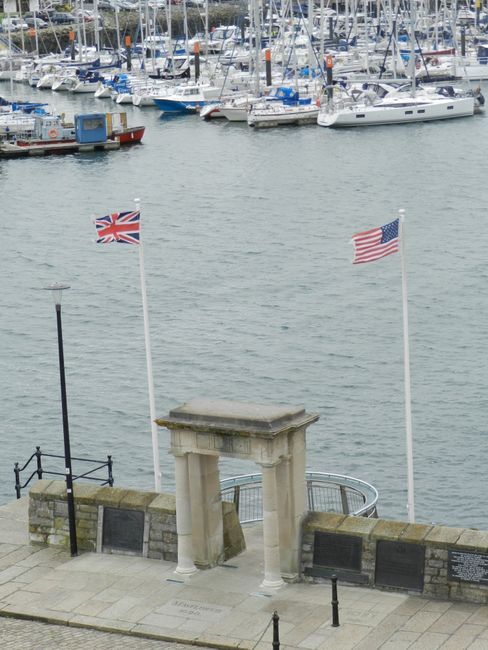
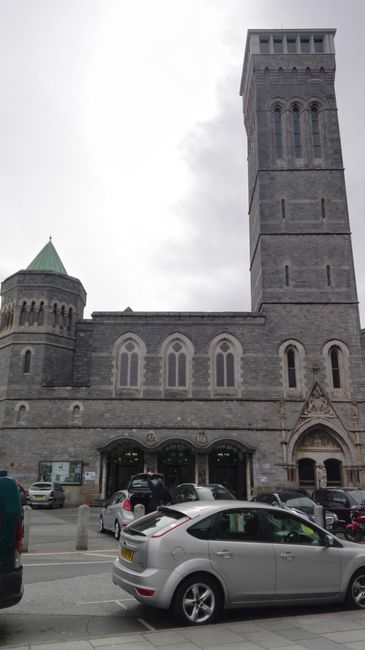
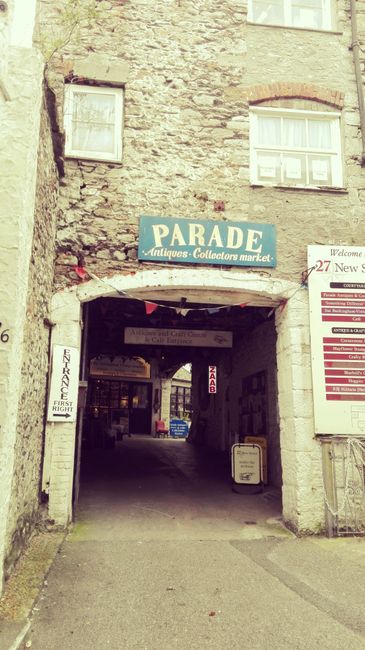
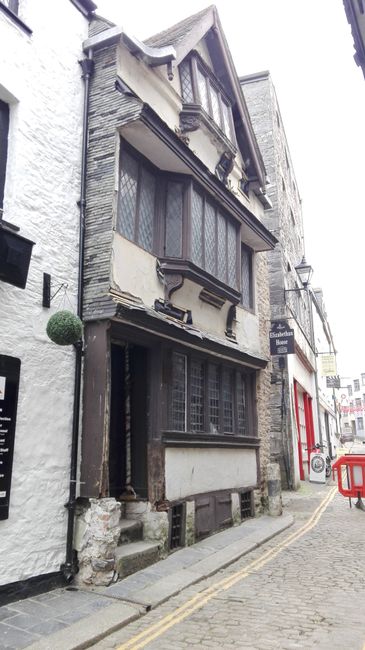
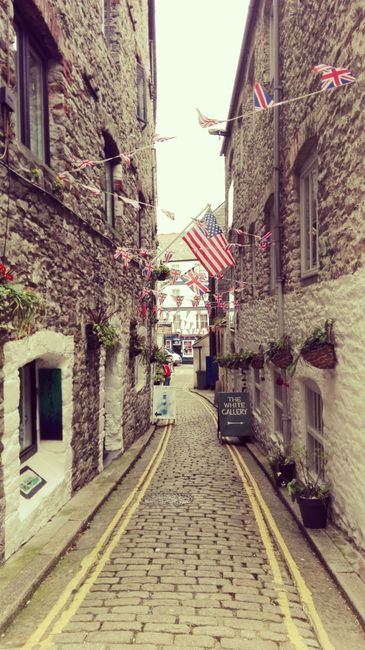
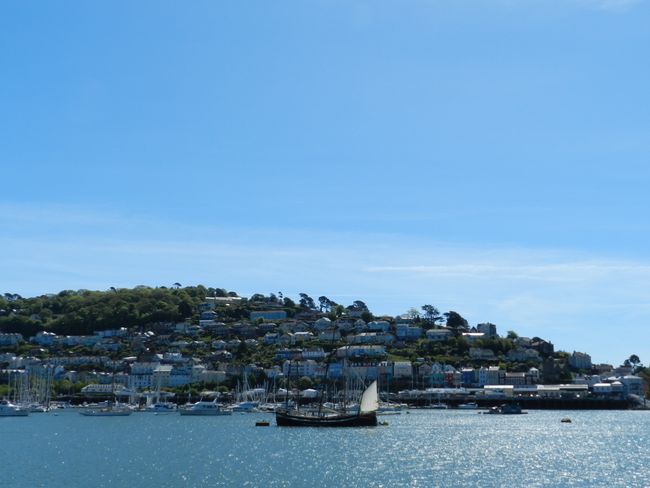
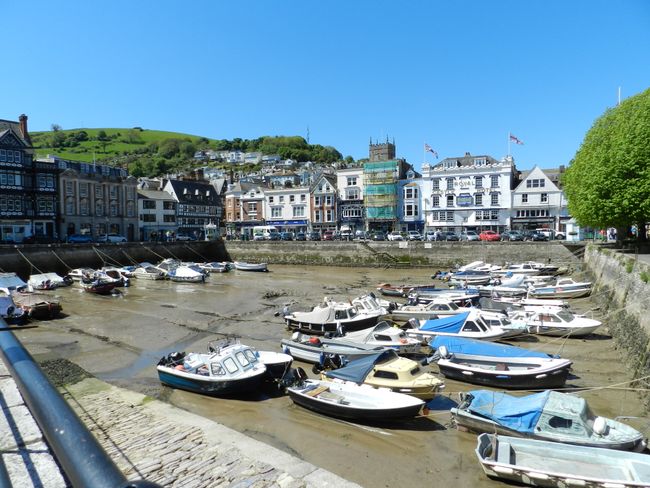
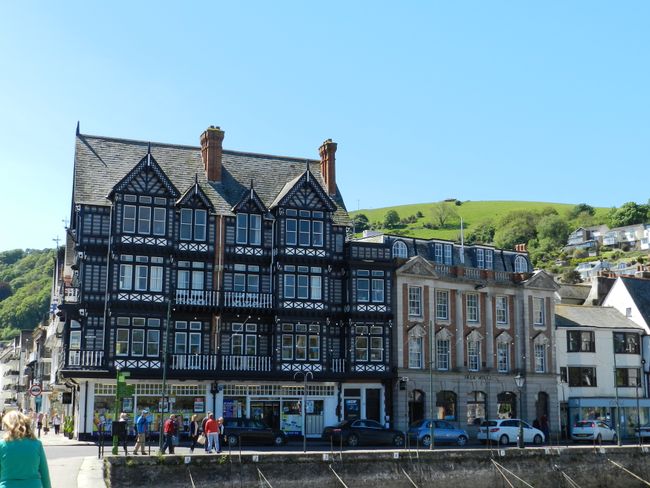
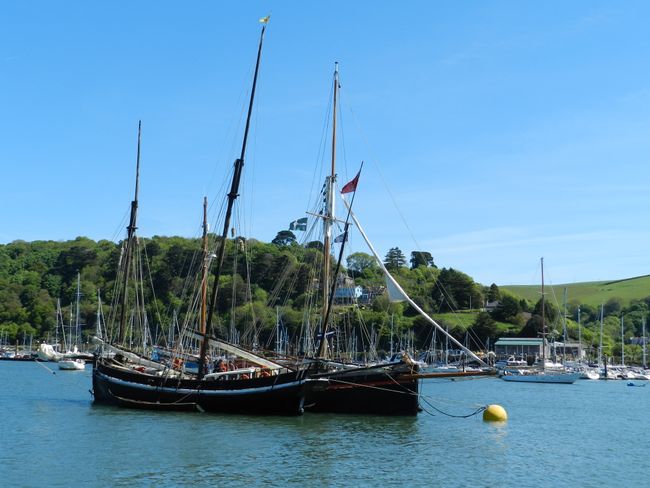
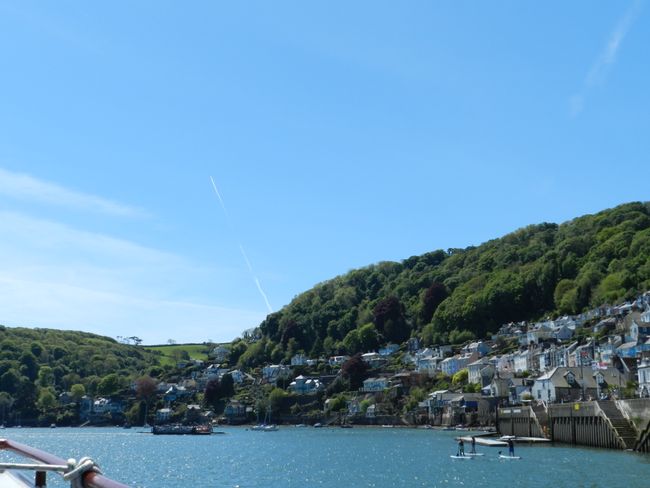
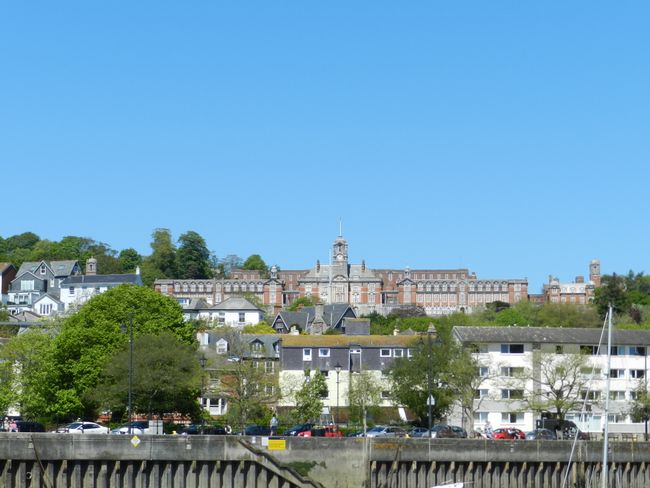
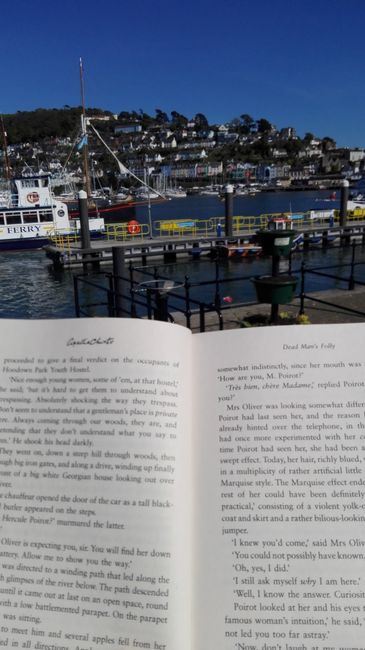
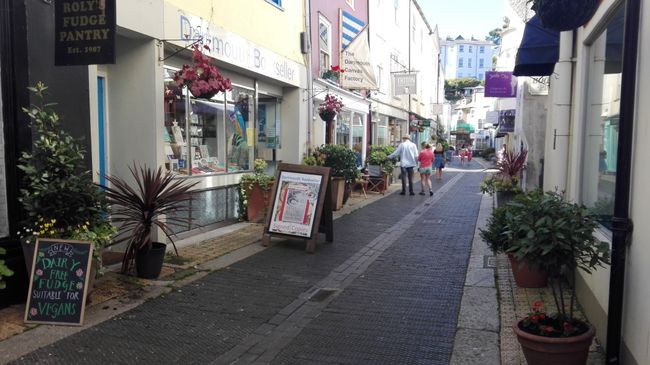
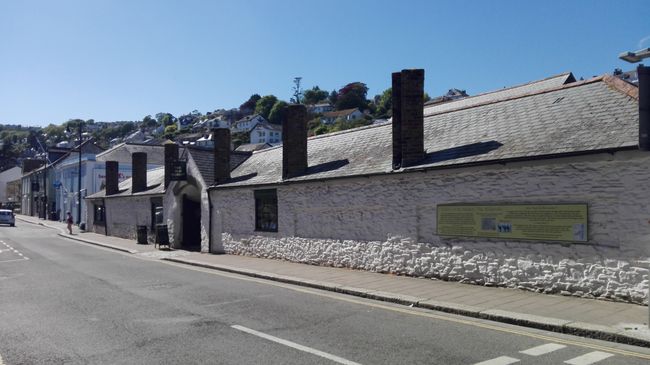
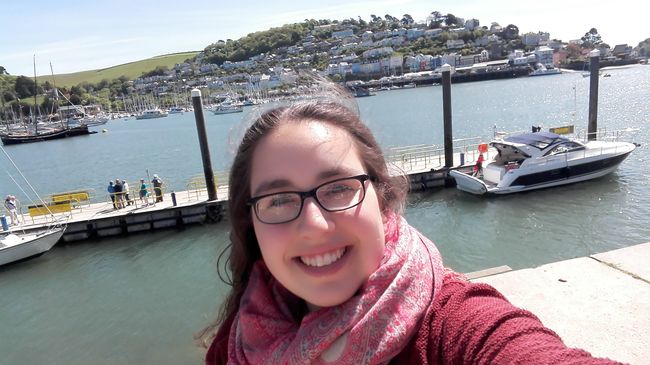
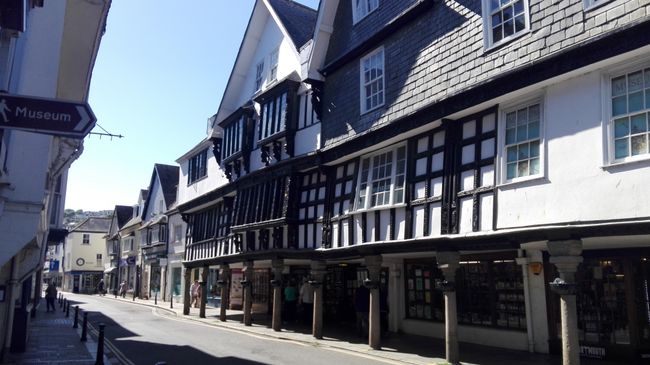
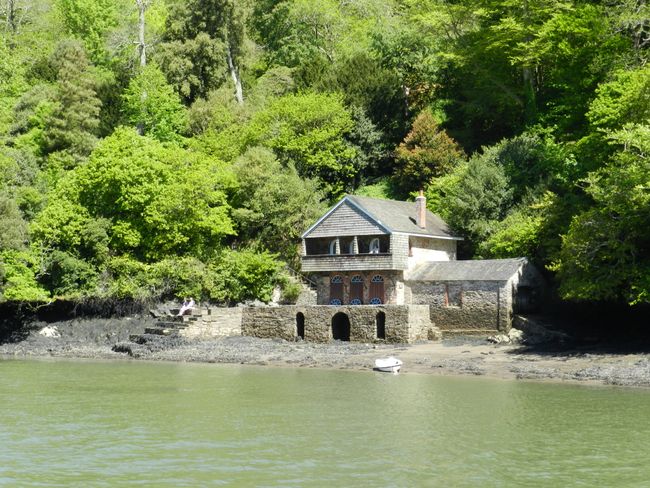
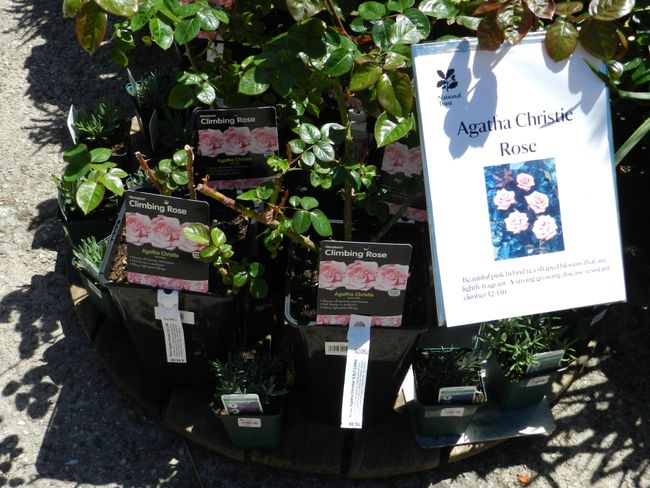
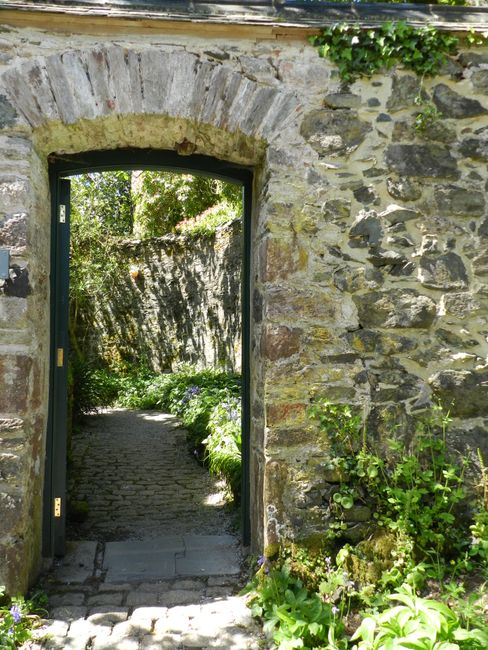
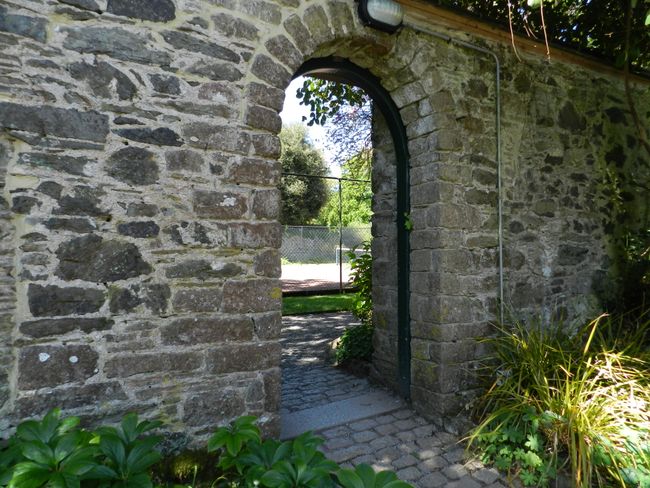
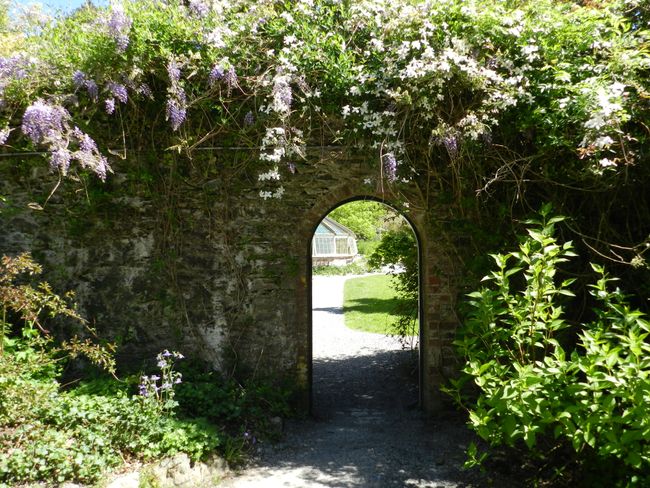
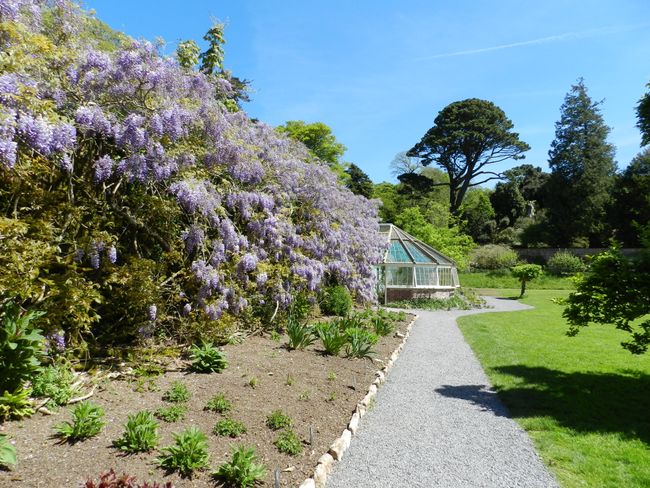
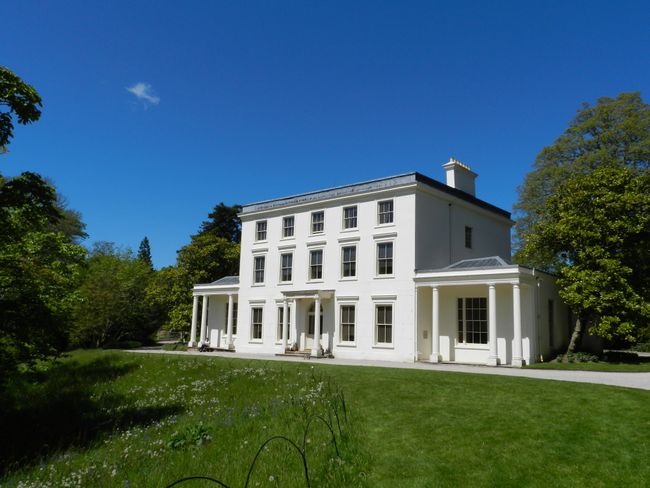
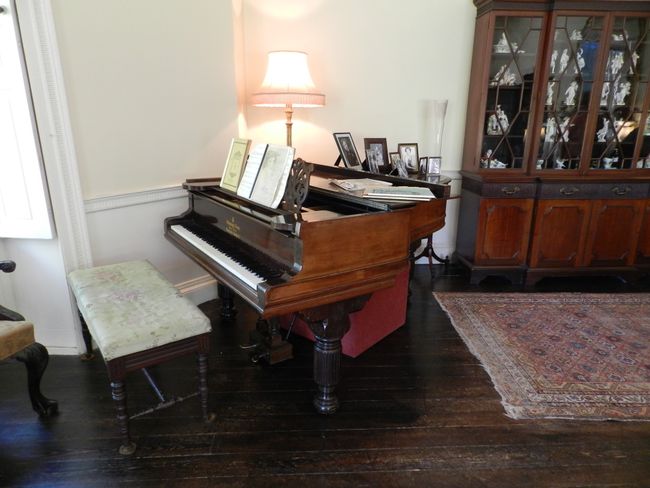

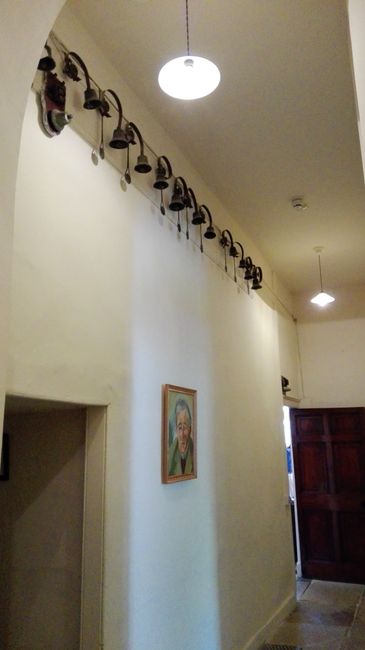
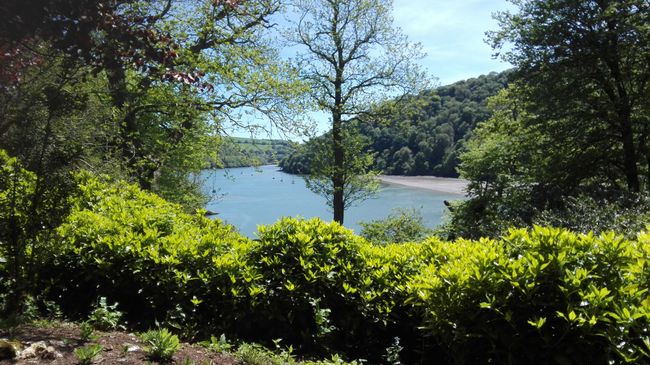
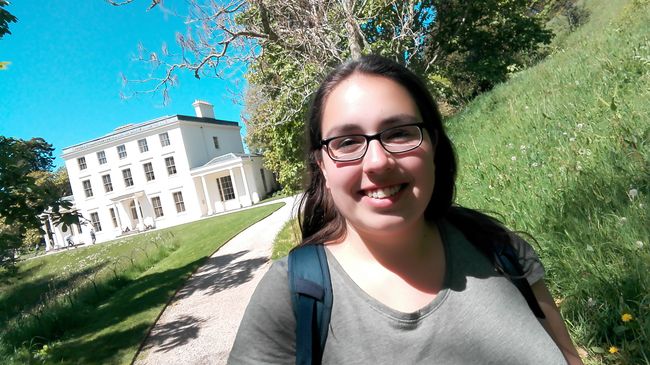
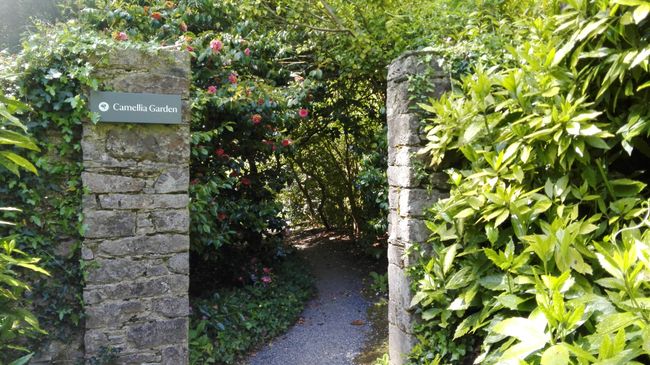
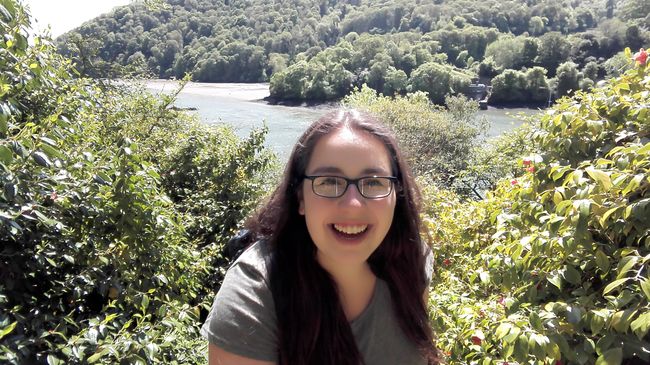
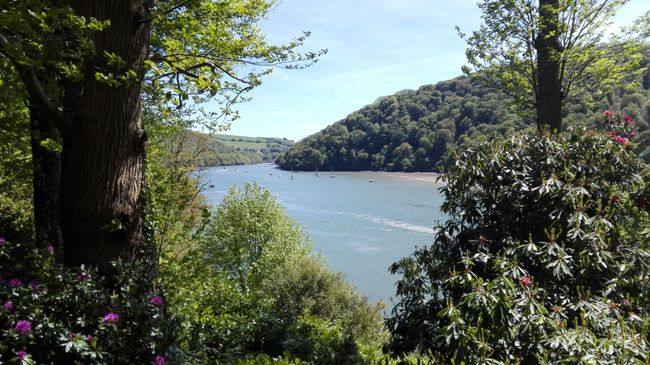
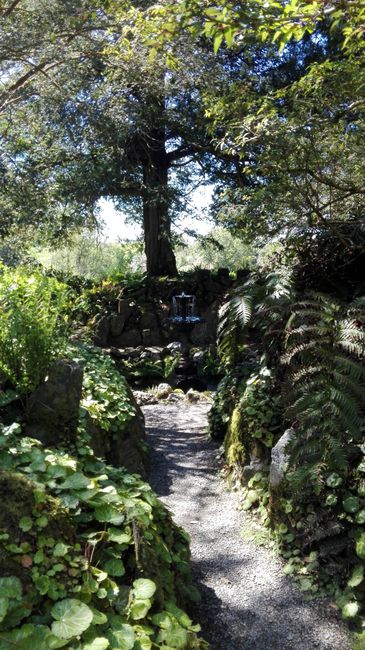
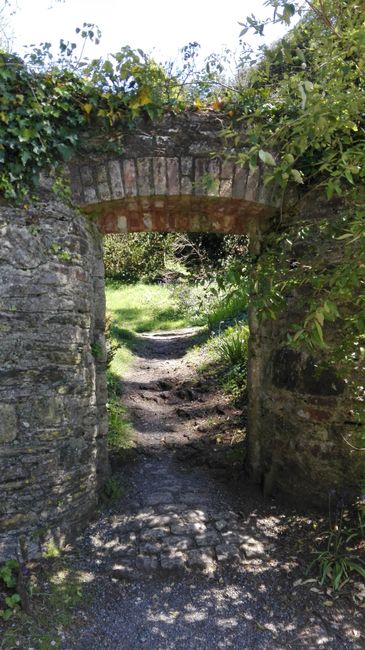
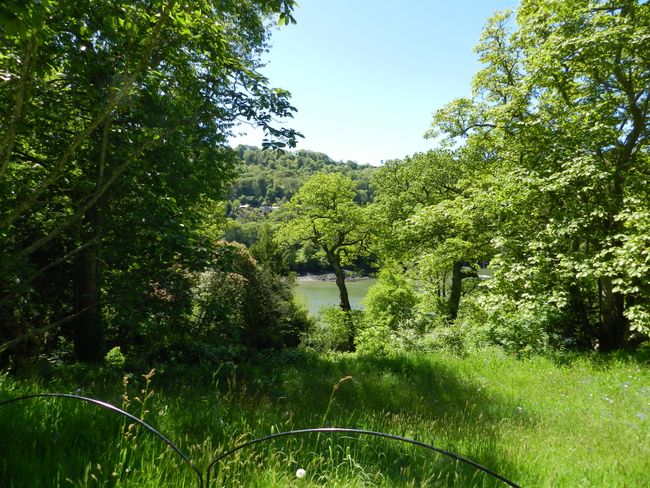
Abonnez-vous na Bulletin ya Sango
I've been in Devon for three weeks now, and I have to unfortunately say that Jan is right, Devon is much more beautiful than Leicestershire. The latter is rather flat and grey (probably due to the lack of sun), while Devon is lush green, warm and hilly, with great viewpoints and jungle-like forest paths. I am staying with Anthony and Patricia, who run a small bed and breakfast in a village near the south coast. Anthony's father Raymond also lives in the house, who unfortunately developed dementia a few years ago and now needs some support. Raymond acquired the beautiful house in the seventies, after it had been a holiday destination for the family for years, and passed it on to Anthony. This time, my work mainly involves gardening, keeping Raymond company, and cleaning the rooms. Ant & Pat have a spacious garden with a panoramic view of the bay, which opens into the open sea a few kilometers further south. Behind the bay is a green hill with cows and sheep. Raymond has created wide flower beds on the sides of the property, which I have been clearing of weeds in the past few days. I get along well with him, he is - of course, due to his illness - very forgetful but otherwise in good shape. He walks through the garden several times a day or takes his dog Raffa for a walk, a small Westie. He talks a lot when you ask him, you just have to be able to hear the same story three times in an hour. But I remember them too. Pat & Ant have three rooms in the B&B, which I also clean on my own and enjoy very much. Otherwise, it's all about weeding, sweeping, raking, cleaning the chicken coops, painting fences and garden furniture. At Pat's mother's house, I cleaned the awnings on the house and occasionally I cook dinner for Raymond or prepare his tea. I spend a lot of time walking and hiking with Raffa. When the tide is low, we walk through the bay, and when the tide is high, we walk along the path through the meadows and fields along the bay. On the shore of the bay are old and partially restored limestone kilns that were used to produce fertilizer, which was distributed on the fields. Pat and Anthony are celebrating their birthdays next week and are planning a pirate party, for which we have already made two straw pirates. However, I was able to convince Anthony not to put up his 'Beware the mother-in-law' sign after a lot of discussion, and I am proud to have prevented a family feud. Muhaha.
On the first day, I met Ant's and Pat's friends, which was a lot of fun. They are all retired (many English people move to the English Riviera for retirement) and enjoy the good life here with lots of laughter and lots of alcohol. They are very hospitable, and because the happy drink'n'chat rotates through the village, I have already participated in book clubs, barbecue evenings, and village evenings at the pub. I have enjoyed all of this very much because everyone is friendly, open-minded, tells me a lot about themselves, and is very interested in my travels. The royal wedding doesn't seem to generate much interest (at least here). Everyone watched it on TV, and there are parties everywhere, but nobody seems to care... On Sunday after my arrival, we took a boat to Salcombe, a small port town about 25 minutes away. There was a crab festival where I looked around the town with an ice cream in hand. Salcombe has been a seafaring town for centuries, famous mainly for shipbuilding and later for fruit trade. In the harbor basin of the town is a shipwreck from the Bronze Age, one of only three in all of England. However, beauty comes at a price, Salcombe has the third highest property prices in Great Britain after London and Dorset. I have picked out a small cottage for 1.2 million.
A few days later, I walked to Torcross with Raffa, which is about a two-hour walk away. Torcross is a tiny little village, not particularly attractive in itself, but since it is by the sea, it was the most beautiful village in all of England when I stood barefoot on the beach. Plymouth, on the other hand, didn't impress me much, even though I had high expectations. I used my first free day since arriving in Devon to visit the city. Apart from the Mayflower Steps, Plymouth surprisingly offers very few sights. I was all the more pleased that I had time to visit the Mayflower Museum, which is right next to the steps from which the first pilgrims set sail for America on the Mayflower in 1620. You can't miss the steps, with a stone gate and flanked by the English and American flags and hundreds of memorial plaques, you can imagine how the pilgrims boarded the ship to start a new life. The museum is small and cute. It is mainly designed for children and school groups, which did not prevent me from trying on the costumes as well.
But the most beautiful of my trips was Dartmouth, a small town at the mouth of the River Dart. Ant and Pat spontaneously took me there, and so I was able to visit Greenway, Agatha Christie's summer residence. Dartmouth itself is a pretty, perfectly looking town. I felt like I was on a model railway layout. The houses are in impeccable condition, carefully arranged around the bay, and on the water, there are clean private yachts and not too crowded ferries that take tourists to even more beautiful places. When I saw the old railway running through the valley, I had to laugh at this surreal perfection. Dartmouth is dominated by the Royal Naval College, where Prince Philip completed his training as a naval officer and where Queen Elizabeth and he first met. Romantic railway stuff. All the more reason for me to enjoy it because, admittedly, model railways have something peaceful about them.
I took the ferry to Greenway, where Agatha Christie spent her summers with her family since the 1950s. The house is owned by the National Trust, which acquires several natural monuments, such as gardens and also houses and forests, and makes them available to the public. Thanks to Raymond's membership in the National Trust, I was even able to save the £14 entrance fee (yay!). The house on the huge estate is preserved as a museum in almost exactly the same form as Agatha Christie and her husband Max Mallowan experienced it. The family were all avid collectors, and accordingly, a lot has accumulated in the big house over the generations. Max Mallowan was an archaeologist and had a large collection of artifacts from his travels, and together with Agatha Christie's books, this made for a pretty impressive collection (which is why I think the house is so big...). The museum is designed in an open way, theoretically everything could be touched. That's why I played the one piece by Yann Tiersen on the piano in the living room that was still left from years of playing the piano, and that was pretty cool (playing the piano was allowed, I didn't commit a crime or anything...). The house is surrounded by a huge estate, including a tennis court, greenhouse, several gardens, a folly, and stables. There are vegetable gardens for spices, a camellia garden, a rock garden, and a rhododendron garden. All with a phenomenal view of the River Dart. So yes, I spent a lot of time there enjoying the views and flowers. The estate also includes the boathouse where the mysterious murder takes place in 'A Dead Man's Folly'. The book is the last adventure of her famous detective Hercule Poirot, and the actual TV film with David Suchet was shot in Greenway in 2013. I am now the proud owner of the little pocket book with the original Greenway stamp. That goes in the display case!
And so another small chapter in my travels comes to an end, as tomorrow the plane takes me to Ireland. Dublin is waiting for me there, and I hope for many new memories.
Abonnez-vous na Bulletin ya Sango
Eyano

Lapolo ya mobembo Royaume-Uni
